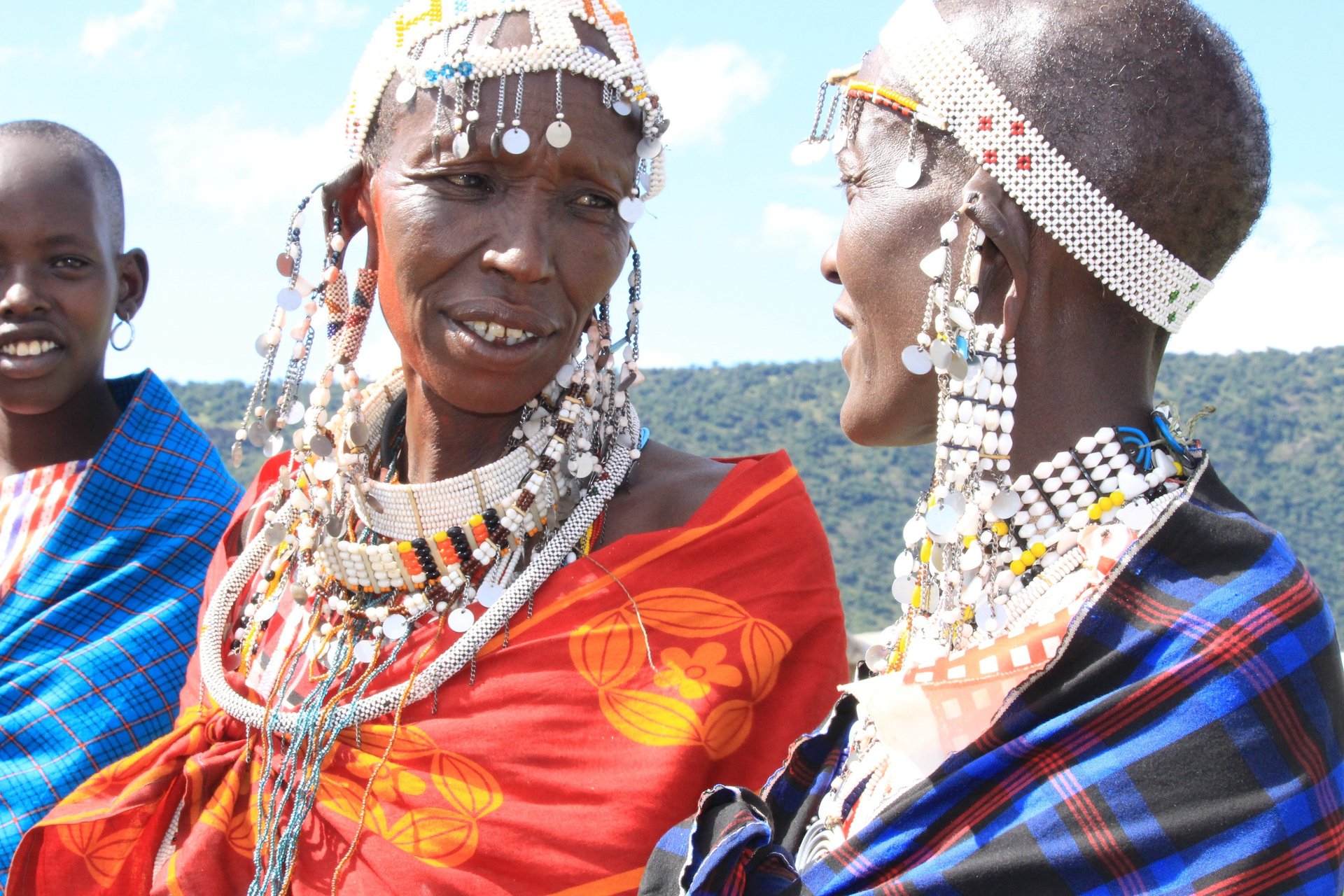
Engishon Project: Funded by Cultural Survival
Engishon Project
Through the Engishon Project, supported by Cultural Survival, IWDA focused on empowering Indigenous women and youth to document, share, and amplify their knowledge on climate change and biodiversity conservation. Using media engagement, community dialogues, and traditional storytelling, the project strengthened women’s participation in leadership, cultural preservation, and environmental protection.
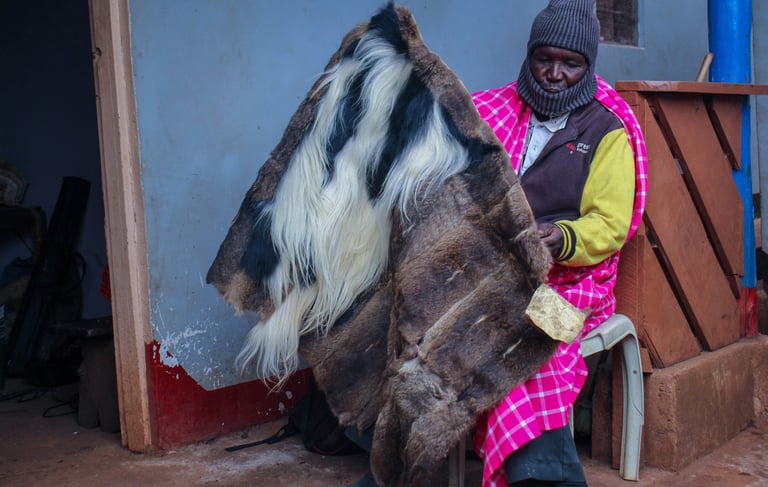

Addressing Core Challenges
Indigenous women in Tanzania face layered challenges—limited access to education, gender-based violence, exclusion from decision-making, and increasing climate vulnerabilities. The Engishon Project addressed these barriers by creating platforms where women could advocate for their rights, share Indigenous knowledge, and take leadership roles in community development. Through seminars, dialogues, and interviews, the project documented Indigenous women’s firsthand knowledge of climate resilience, biodiversity conservation, and cultural practices. This information was broadcast through community radio stations such as Loliondo FM and shared digitally via IWDA platforms to ensure long-term access for future generations. The project also fostered collaboration between Indigenous women, traditional leaders, and elders. This strengthened trust and enabled women to participate in cultural gatherings, ceremonies, and decision-making spaces—platforms where their voices had historically been excluded. One notable achievement was the production of a documentary with traditional healers and elders in Loliondo Division, which showcased Indigenous women’s role in biodiversity protection and cultural continuity.
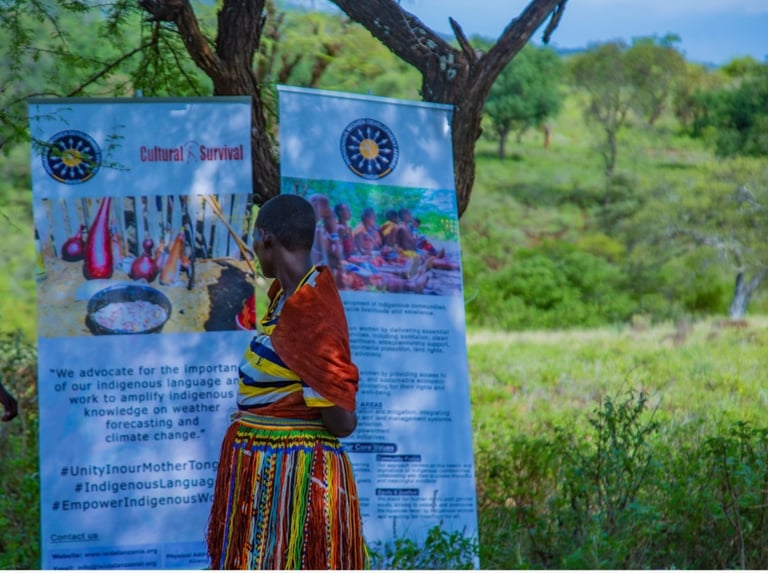

Empowering Women and Youth
The Engishon Project directly strengthened women’s and youth’s capacity to organize and sustain development initiatives. It supported the registration of two groups one for women and one for youth in Ondonyo Was to serve as platforms for cultural exchange, income generation, and knowledge transmission. For women, these groups became spaces for sharing traditional practices, building entrepreneurial skills, and gaining confidence to participate in decision-making processes.
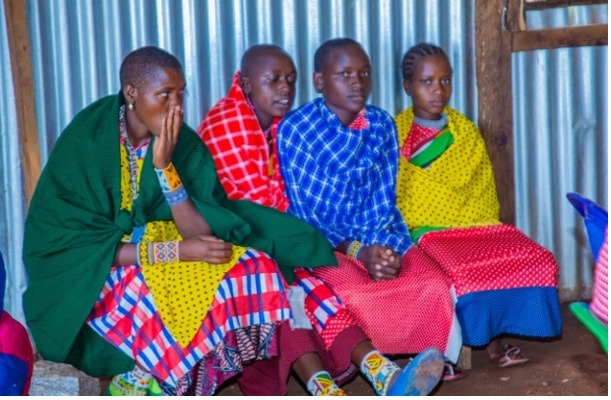

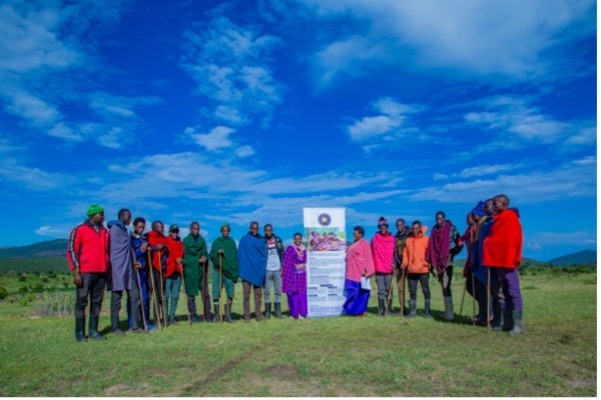

For youth, particularly young men, the groups provided opportunities to learn, preserve, and transmit cultural heritage, ensuring continuity of Indigenous knowledge. This empowerment has built the confidence of women and youth to speak during community gatherings, express their views, and embrace their identities as custodians of Indigenous culture.
Long-Term Impact on Indigenous Women’s Development
The significance of the Engishon Project to IWDA is profound. It elevated the organization’s role as a national and international champion of Indigenous women’s rights. The project’s outcomes were showcased during the 47th Session of the World Heritage Committee in Paris, where IWDA representatives presented documentation of Indigenous knowledge on biodiversity and sacred sites. Supported by the UN Voluntary Fund for Indigenous Peoples, this engagement highlighted the importance of Free, Prior, and Informed Consent (FPIC) in conservation efforts. The project also enabled IWDA’s participation in the UN Environment Programme’s regional workshops for East African Environmental Rights Defenders. Through these platforms, IWDA shared perspectives on aligning Indigenous knowledge with global environmental strategies, further strengthening its role as a voice for marginalized communities.
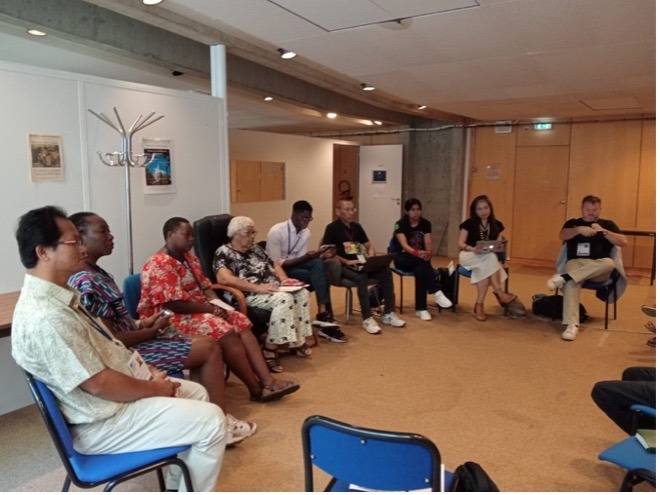

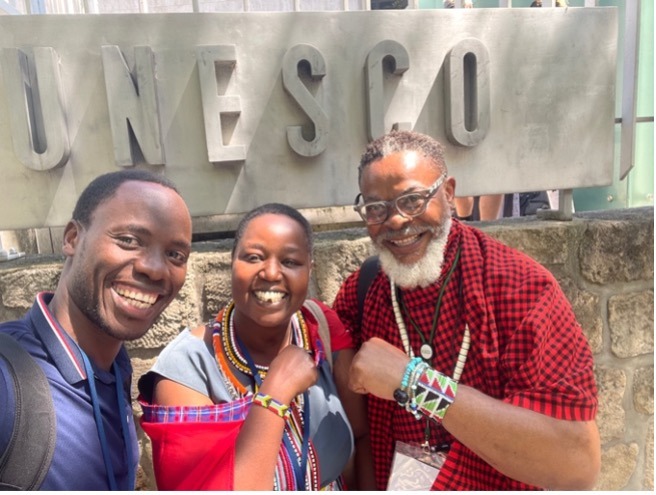

Institutionally, the project strengthened IWDA’s capacity by enabling the purchase of two computers for information management, data storage, and digital documentation. This technical investment enhanced the organization’s ability to safeguard community knowledge and improve operational efficiency. The Engishon Project thus sets a replicable model for community-driven, women-led development that is culturally grounded, participatory, and sustainable.
Protecting Languages, Preserving Cultures
Protecting and revitalizing Indigenous languages is crucial for preserving cultural heritage, promoting well-being, and fostering environmental sustainability

Get in touch to learn more about our impact
Fill The Form Below
Get In Touch
Let's Talk
Email:
Kiranyi Village Street ,P. O BOX 256,Arusha
+255 759 680 960
Address:
Phone:
Follow Our Social Medias



Empowerment
IWDA is an organization founded by dedicated young women from pastoralist and hunter-gatherer communities in mainland Tanzania. These women have initiated this organization with the goal of serving their entire indigenous communities.
info@iwdatanzania.org
+255759680960
© 2024 All Rights Reserved. Design & Developed By IWDA Tanzania
